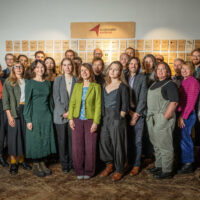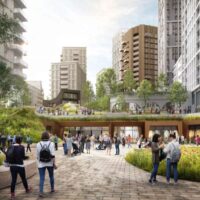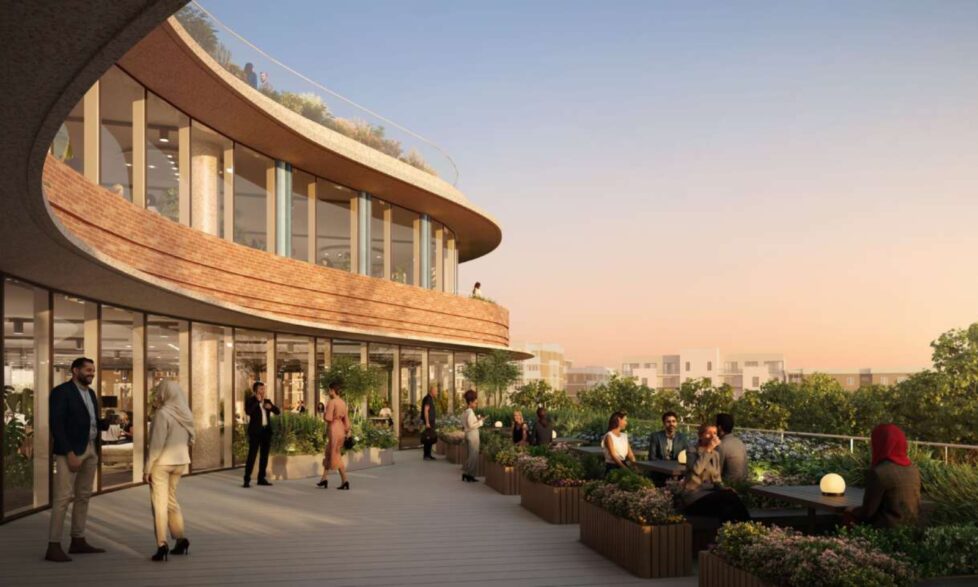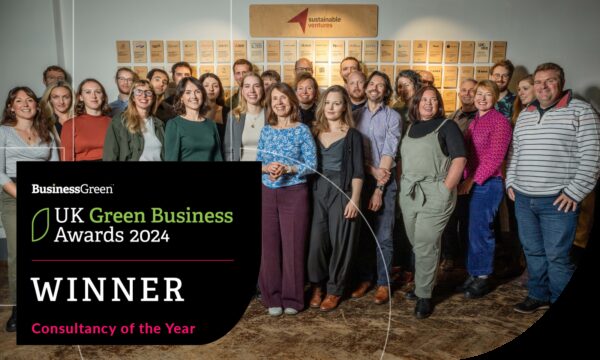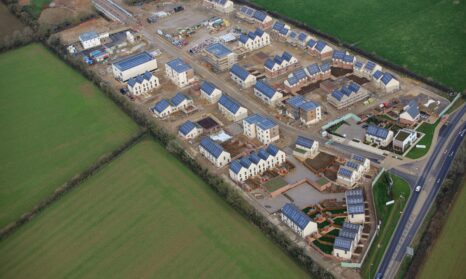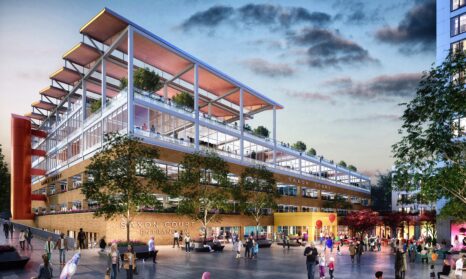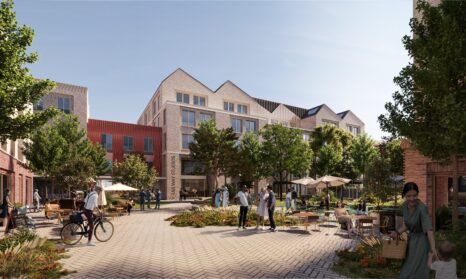Supporting Railpen and Socius to create the most energy-efficient offices outside London
57,000 square metres of sustainable commercial space
280% biodiversity net gain (Devonshire Gardens)
70% estimated operational energy reduction (Botanic Place)
The challenge
Following on from our previous work, Bioregional was appointed by Railpen as the sustainability champions on Socius' two new build schemes in Cambridge – Botanic Place and Devonshire Gardens.
The challenge was to ensure that both schemes integrated the highest possible sustainability targets and ambitions. In particular, Botanic Place has the ambition of being the most energy-efficient and intelligent innovation space in Cambridge – this will be achieved by using design features such as architecture that responds to the sun and intelligent ventilation systems built into the facade.
How we helped
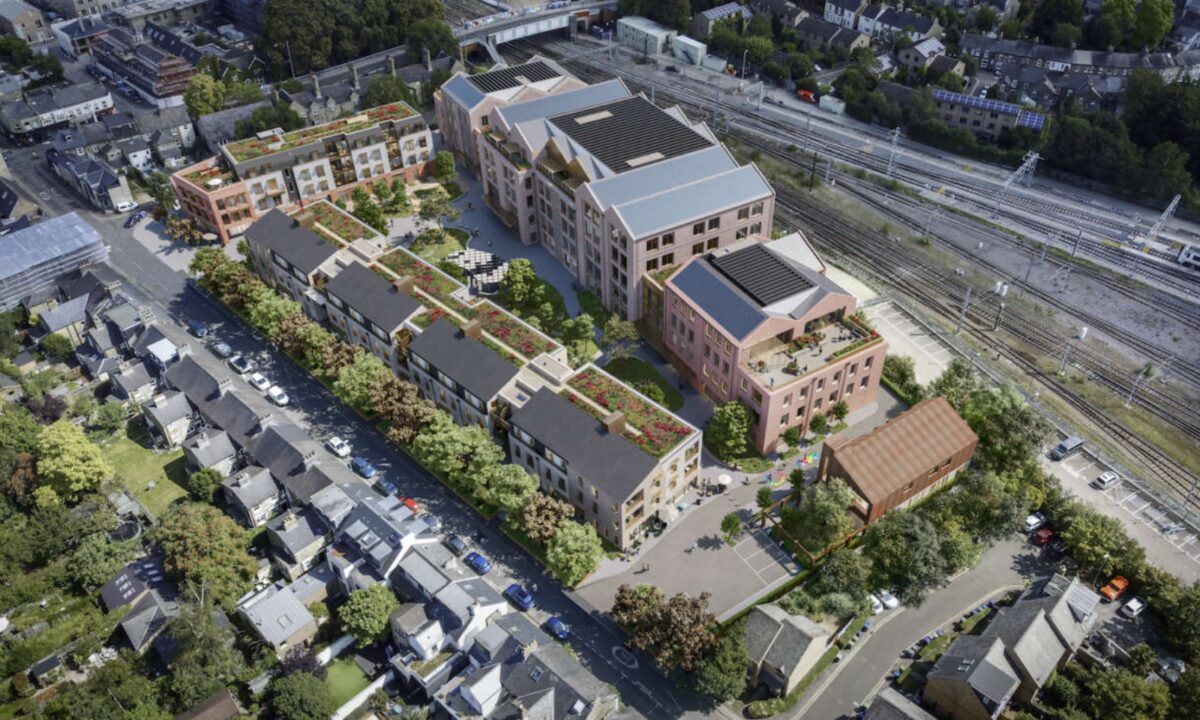
Bioregional’s role during this phase included tracking the sustainability commitments made at planning throughout RIBA Stage 4 of the design, challenging and pushing the design team to consider the most sustainable options for the design, construction and end use of the buildings.
We also led a cross-scheme reuse initiative that aimed to explore the opportunities to salvage, reuse and share demolition materials to be used in the construction of the new schemes. This involved leading an in-person workshop and site walkaround with both design teams to start exploring which materials could be salvaged and reused, and how we could help to facilitate the cross-scheme collaboration and sharing of demolition materials.
The impact
Botanic Place’s designs are estimated to reduce operational energy usage by 70% compared to traditional office buildings. Additional design features include:
- Overnight heat release in warmer months, which will displace warm air from the day with colder evening air, passively cooling the building before the next day begins
- A reversible system in colder months that can also harvest natural heat sources over time and carefully redistribute it, reducing the need for mechanical heaters
- Environmentally conscious building materials which use thermal mass to better absorb, store and release heat will be used to moderate internal temperatures
- Approximately 400 solar panels on the roof to reduce demand on Cambridge’s power networks
In terms of material reuse, bricks were salvaged from existing buildings on Botanic Place and will be transformed into terrazzo tiles to be reused in the interiors at Devonshire Gardens. Other bricks will be salvaged and used on Botanic Place for a new garden wall for the Flying Pig pub. Some of the trees that have been felled on Devonshire Gardens will be turned into furniture or landscape features for the site. Other building elements and materials that can’t be reused in their original state will be repurposed and integrated into new building materials such as concrete and bricks that will be crushed and used for piling mats and oversite.
We also utilised our network of contacts within Cambridge to donate some of the building elements to charitable causes.

Bioregional continued to provide valuable advice and support to ensure we are delivering on our ambitious social and environmental commitments. One such example is the sharing and reuse of materials across both sites, where they were tasked with coordinating this initiative between the two design teams and demolition contractor.
Doug Higgins, Development Director and Head of Sustainability, Socius
Interested in how we could support your newbuild project? Get in touch below.

